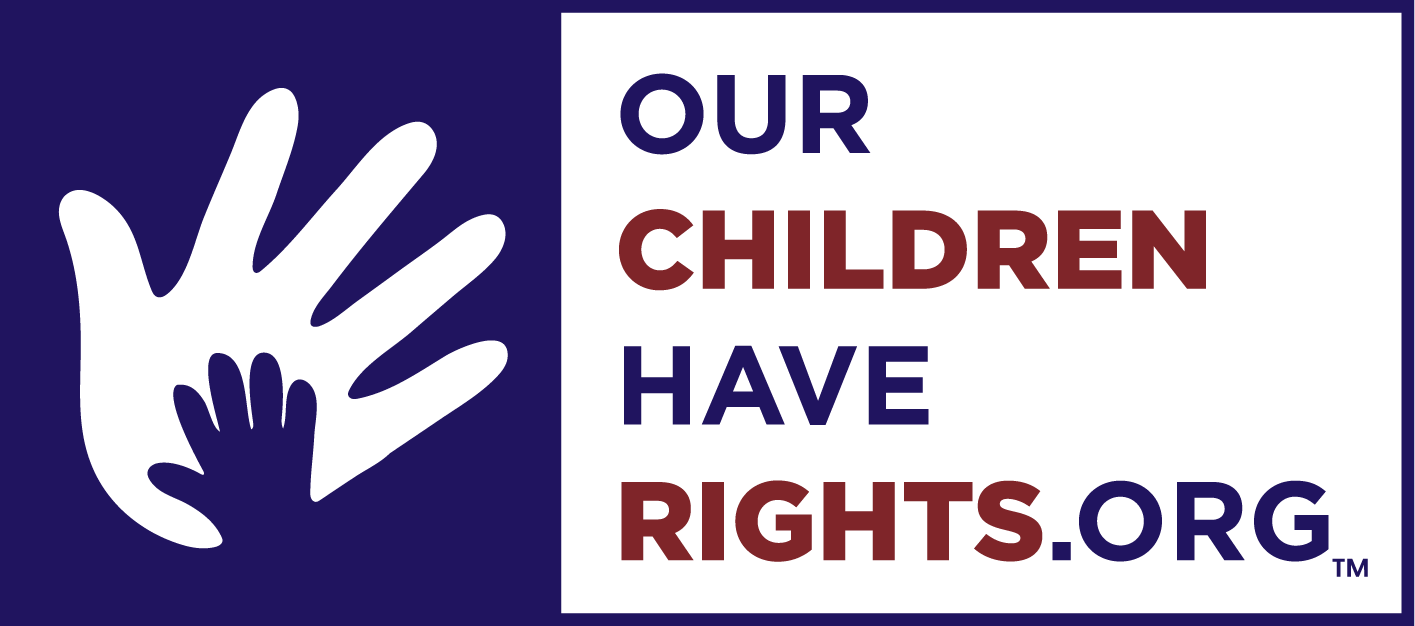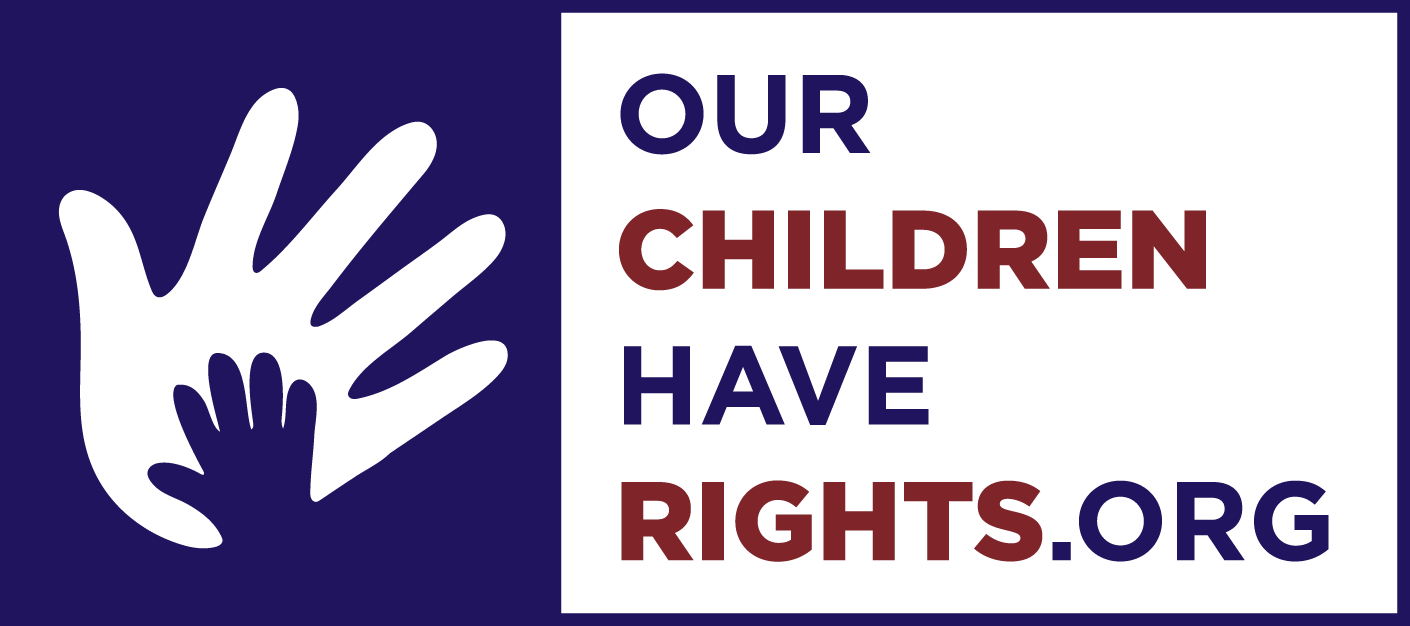
Common Legal Mistakes during the process of establishing child custody

Establishing child custody can be one of the most challenging and emotional experiences you may face.
While there are several others, we have identified 5 common mistakes so you can be educated on what to avoid.
1. Speaking poorly about the co-parent directly to the child or while they are present.
This is the most common mistake parents make in many child custody cases.
Children are curious. And they listen in on adult conversations.
When a child hears one parent speaking badly about the other parent, they often feel pressured to take sides.
As children grow older, they tend to look at the behaviors of their parents. And if they perceive that a parent tried to undermine their relationship with the other parent, they will likely hold it against you, especially into adulthood.
Courts DO NOT like this. Judges are aware of the impact that this has on children. Avoid making this mistake and you can avoid it disrupting a favorable outcome in court.
2. Intentionally choosing not to communicate with the co-parent
It is in the best interest of the child’s development to see their parents communicating, and that the communication is for their well-being.
Not communicating with the co-parent can be extremely detrimental to aspects of your child’s life. Not communicating with the co-parent can affect important aspects including medical care, education, and personal/social growth.
The court will take a negative view against you if it becomes clear that you are intentionally choosing NOT to communicate with the co-parent. Remember, the court’s primary concern is the best interests of the child.
If the court sees that a shared co-parenting relationship won’t work because of intentional noncommunication, the other parent may become the primary caregiver, and may even be given sole responsibility for major long-term important decisions that will shape and affect the child’s life.
3. Even if it’s unintentional, don’t try to make your child feel sorry for you.
Family law courts refer to this as parental alienation, which shows that you may not be focused on the child.
It may suggest an inability to co-parent and act in the child’s best interests.
Children require your leadership; they do not want it the other way around.
TRY to AVOID these behaviors
• Crying in front of the child (yes, it is emotional, but try your best to remain calm)
• Telling your child that the other parent is taking you to court
• Expressing frustration or anger over the breakdown of the family
• Providing details about not being given any money
Always be mindful of your actions and behavior while with your child.
4. Denying access to the child
Outside of circumstances where it is essential for a parent to protect and keep a child safe from the other parent, denying access to the child is one of the worst things a parent could do.
Courts expect to see a parent demonstrate that they are willing to be a constructive co-parent and even promote a relationship between the child and the other parent.
Withholding a child from the other parent without a justifiable reason could lead to losing primary care of the child. It is best to display a willingness that encourages a child’s relationship with the co-parent.
5. Do not lie about drug, alcohol, or substance abuse
Drug and alcohol abuse is common in family law. Hiding or denying drug and substance abuse is also not uncommon in child custody cases.
Family law courts are not as concerned about your substance abuse as much as they are concerned about how your substance abuse impacts your ability to be a responsible parent.
Proactively working towards overcoming substance abuse, whether it be through rehabilitation and/or counseling, goes a long way with the court.
Your PAST is not as important to the court, as the court is more concerned with your FUTURE ability to be a responsible parent.

